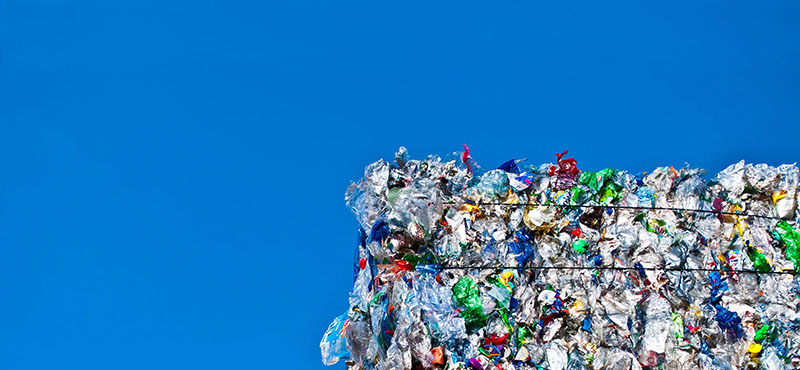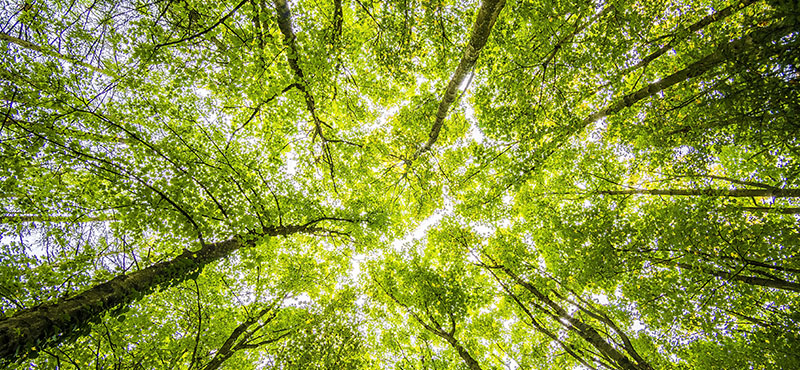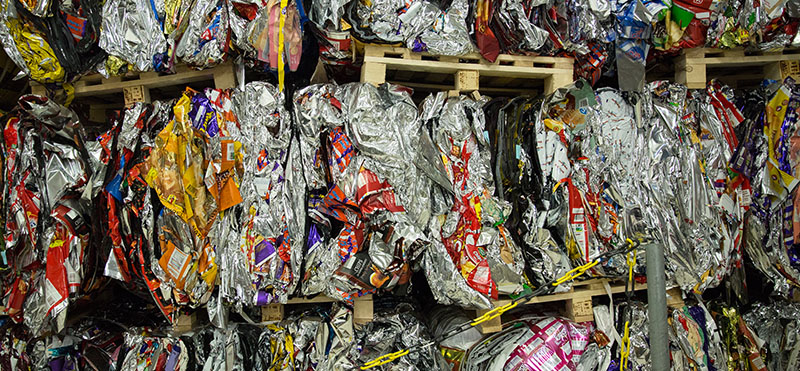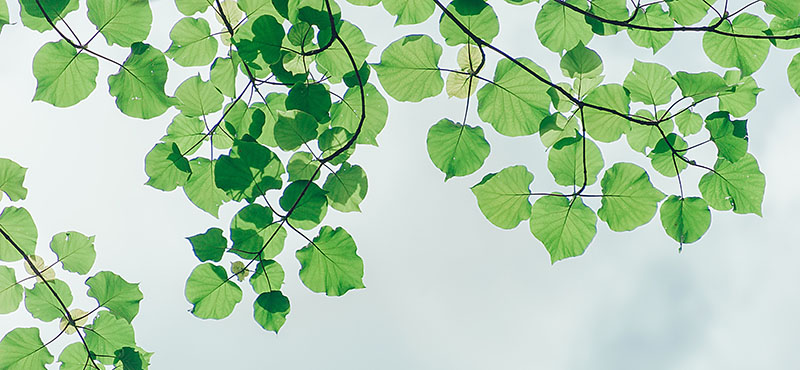
Environmental benefits
There are several benefits with plastic, even when it comes to our environment and our climate. Many believe that the transition to a circular economy is necessary to save the environment. But with our concept of a spiral economy, plastic achieves its full potential.
To point out the positive effects that plastic has on our climate, we want to highlight a couple of important facts:
- Our material is fully recyclable.
- We work with a material that contains only half as much polymer. The fossil polymer can also be exchanged for bio-based polymer, making the entire product bio-based.
- We utilize the left-over material that is created when the customer produces their packaging, we recover them and manufacture new foil which in turn becomes new products.
Thinner foil
Another of many benefits of plastic is that our unique material gives extra strength to the packaging, which means that thinner foil can be produced. This, in turn, gives three advantages:
- We can increase the speed of production, which means we use less energy.
- We can load more material in each transport, which means that our customers receive half as many shipments and thus reduce CO2
- Our customers can produce more packaging from each roll of foil and reduces the risk of production stop due to switching of
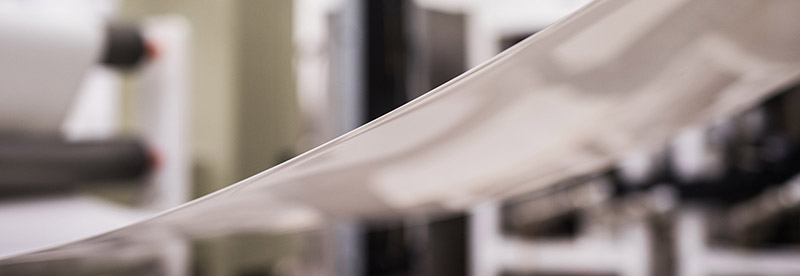
Circular economy or Spiral economy?
Spiral economy is our idea of a sustainable plastic cycle, where the material is being used as long as possible before it is transformed into energy.
It is different from circular economy, where you strive to use recycled packaging and make new ones.
Circular economy is a cycle that in many ways is problematic. It is, for example, hard to reach a diversity of use of the recycled material.
Together with our sister company Rondo Plast and our mother company Polykemi, we work for a never-ending cycle. We strive to recycle all material in, what we call, a spiral economy. It means that a food packaging can end up as a part of a car, that in turn can end up as a flowerpot.
Want to learn more about how changing materials can reduce your carbon footprint without losing function or quality?
A great advantage in distributing recycled plastic to different industries is that the demand gets higher.
From one industry to another
In spiral economy the plastic product is recycled and becomes a material used in another product in a different segment. A packaging can become a part of a car that in turn can become a part of an armchair and so forth.
In this way the material can be reproduced where its qualities is best fitted and increases the life span with several years, before it finally is being recovered as energy.
The life-span of plastic is namely limited depending on what kind of plastic is being recycled.
With the correct handling and conditions, a company can, through compounding, use recycled material and upgrade it to requested specifications. In that way the value of the recycled plastic is raised.
A great advantage of dividing the recycled plastic to different kinds of segments or industries, by the spiral economy concept, is that the demand of recycled material becomes higher.
The demand gets higher when compared to materials that needs to stay in the same sector to keep a closed loop recycling process, where limitations often are set by legislation or demand.


